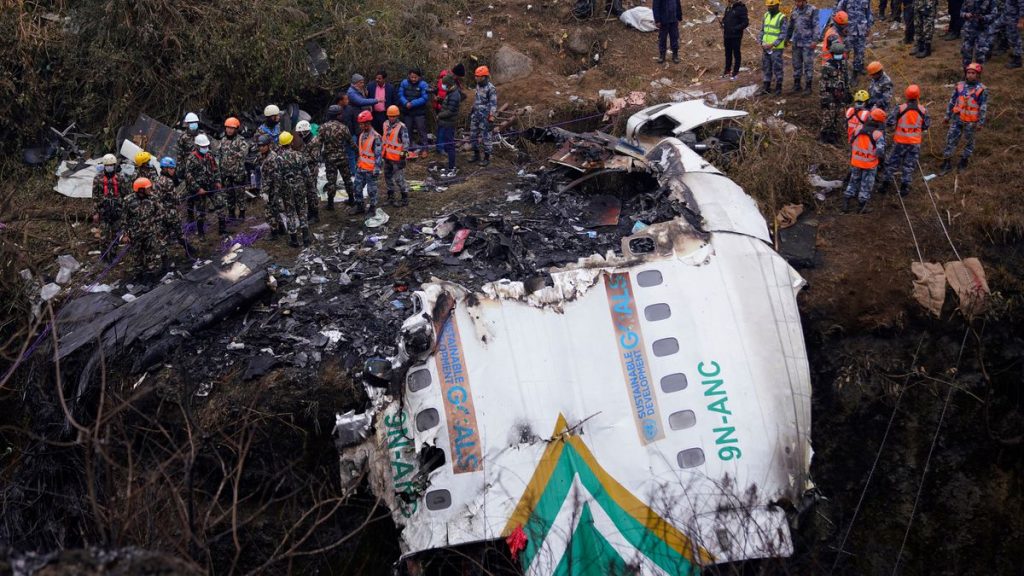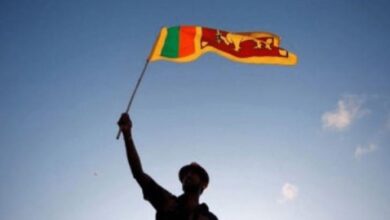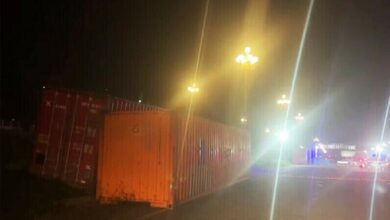Pilots mistakenly cutting power caused Nepal plane crash, says report
The Yeti Airlines service was flying from Kathmandu to Pokhara, a gateway for religious pilgrims and trekkers, when it crashed on descent.

Nepal: A Yeti Airlines crash in Nepal that claimed the lives of 72 people almost a year ago was caused by a combination of human error and a lack of awareness, as revealed by a government-appointed investigation panel’s report on Thursday. The report suggested that the pilots mistakenly cut power leading to an aerodynamic stall and subsequent crash.
The crash occurred just before landing in the tourist city of Pokhara on January 15, marking one of Nepal’s worst airplane accidents in three decades. Among the 72 individuals on board were two infants, four crew members, and 15 foreign nationals, with no survivors. Five Indian nationals were also among the crash victims.
“The most probable cause of the accident is determined to be the inadvertent movement of both condition levers to the feathered position in flight, which resulted in feathering of both propellers and subsequent loss of thrust, leading to an aerodynamic stall and collision with terrain,” the report submitted by a five-member Investigation Commission stated.
Dipak Prasad Bastola, an aeronautical engineer and a member of the investigating panel, explained that the pilots mistakenly placed the condition levers, controlling power, in the feathering position instead of selecting the flap lever.
This led the engine to “run idle and not produce thrust”, Bastola told Reuters. “But due to its momentum, the aircraft flew for up to 49 seconds before hitting the ground.”
Buddhi Sagar Lamichhane, a member of the investigating commission, told AFP that the probe had concluded that the “wrong lever” was pulled in the cockpit.
“Technically, the plane was fine but it seems wrong human input caused it to stall and crash,” he said.
The investigation also highlighted the broader issue of a lack of standard operating procedures and awareness among the pilots. The aircraft, operated by privately owned Yeti Airlines, was an ATR 72, with engines manufactured in Canada by Pratt & Whitney Canada. The European Union had banned Nepali airlines from its airspace since 2013, citing safety concerns.
The Investigation Commission submitted the report to the Minister for Culture, Tourism, and Civil Aviation, Sudan Kirati, after eight months and three days of investigation.
The tragic incident involving Yeti Airlines in Pokhara marked the 104th crash in Nepali skies and ranked as the third biggest in terms of casualties. Minister Kirati directed subordinate bodies to strictly implement the Probe Commission’s suggestions to prevent future accidents caused by human error and operational deficiencies.




